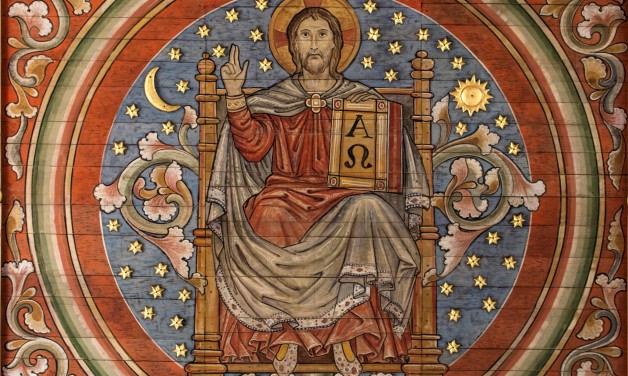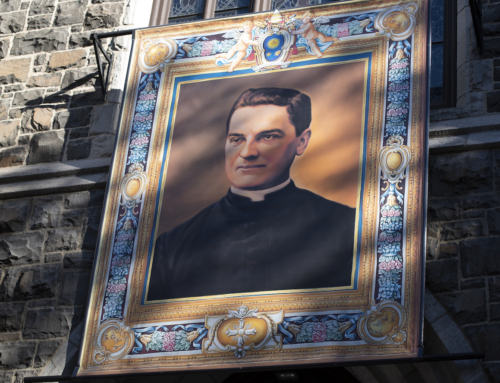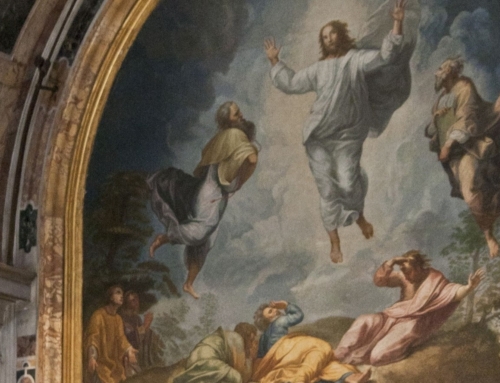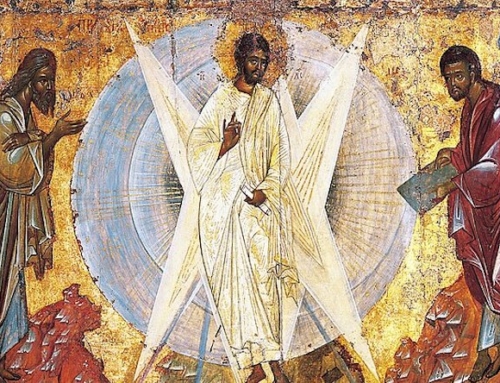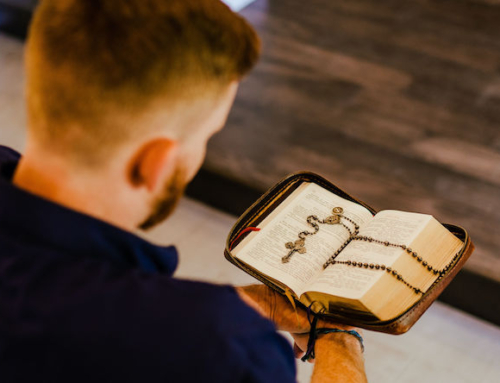“For with authority and power he commands the unclean spirits, and they come out” (Luke 4:36). Jesus stupefies the people of Capernaum in the Gospel today by the authority with which He speaks, an authority that even drives out demons by a simple command. It’s interesting to consider that the response of the people to Jesus’ authority was one of wonder and respect. It’s questionable whether He would get the same response today.
Our reaction to authority is often one of opposition. The reluctance to accept authority has long been embedded deep in man’s soul. However, in the last few hundred years with the advent of liberalism and its stress on individual autonomy, this reluctance has come to be embraced by society at large as something good. A cruel and bloody manifestation of this occurred on this day in 1792 in Paris when over 200 Catholic priests were executed in the course of the September Massacres of the French Revolution. While there are not any executions of clergy going on in the West today, people, even many of those professing to be Catholic, still ignore the authority of the teachings of Christ’s Church. When they think of the Church, they often think of an institution seeking to control the lives of its members by imposing lots of arbitrary rules on them. “Why doesn’t the Church mind its own business?” they ask. Docility can be fostered, I think, by getting an accurate understanding of the nature of authority.
The basis of God’s authority – and hence of the Church to whom He has delegated some of this authority – is that He created the universe and sustains it in existence at every moment. All things participate in His existence. He is the source of all and has made each thing, including human nature, according to some plan or idea that He has of that thing. “In wisdom you have made them all,” the Psalm says. God has instilled a marvelous order in creation, and He knows every one of His creatures better and more intimately than we know ourselves. Just as an engineer can explain how to use a design of his in a way that will achieve the purpose for which he made it, so in a far more magnificent way, God explains to man through the teaching of the Church how to achieve the purpose for which man is made – everlasting happiness with God in heaven. It is out of concern for the flourishing of her children that the Church teaches us to avoid sin and grow in virtue. The power of Christ’s grace, dispensed through the sacraments that He instituted, makes this possible. Christ vested the Church with His authority. It is only by entrusting ourselves to her care that our struggles with our own demons can be won.
✠
Image: Fr. Lawrence Lew, O.P., Christ the Universal King (St. Michael’s basilica, Hildesheim)

